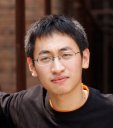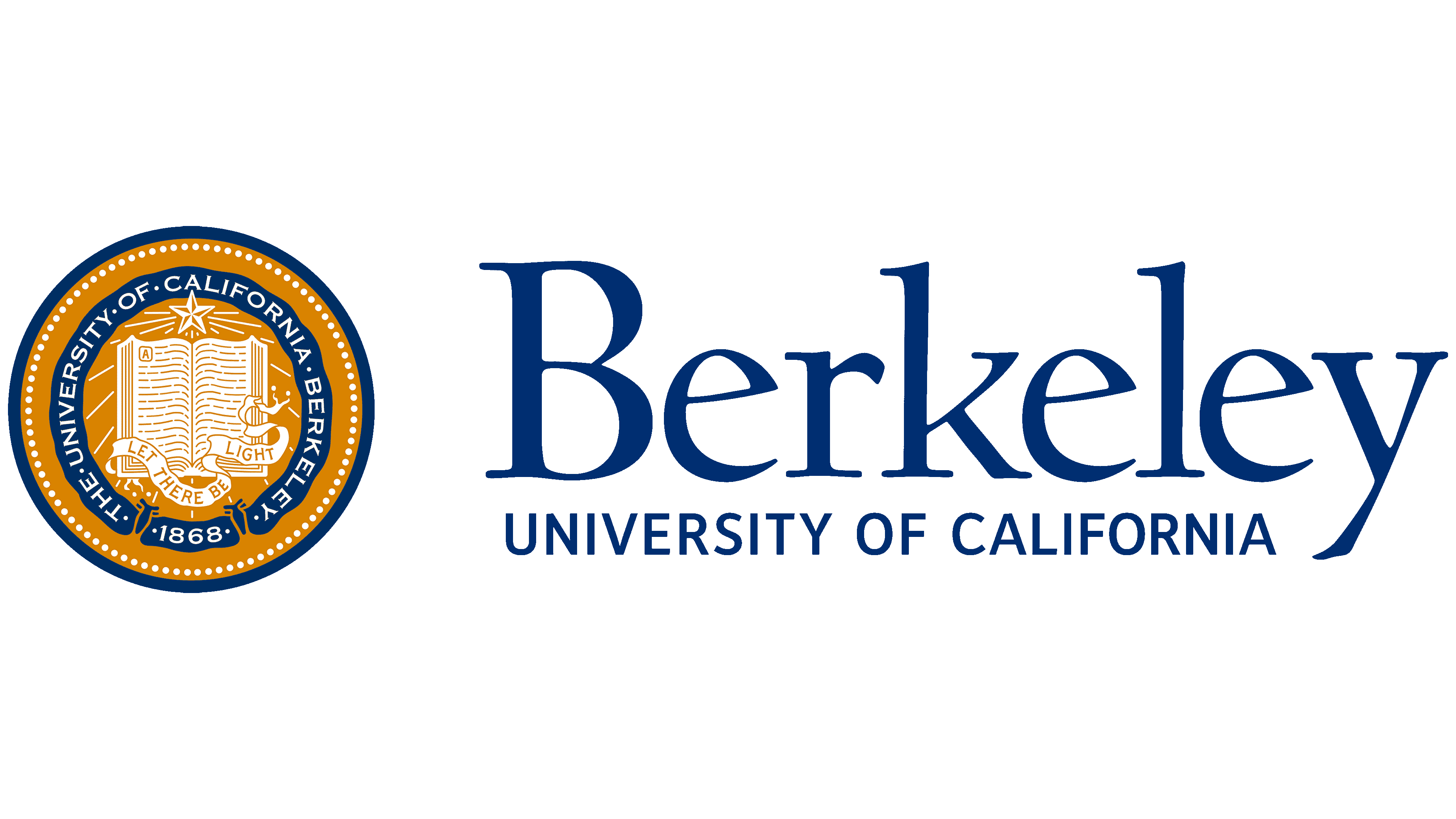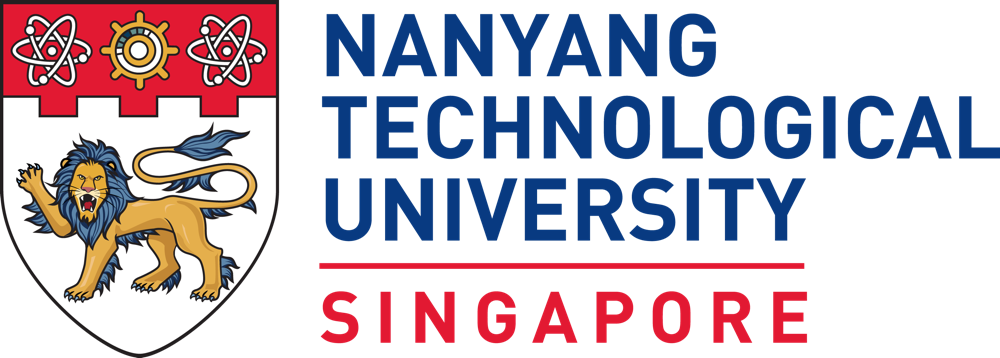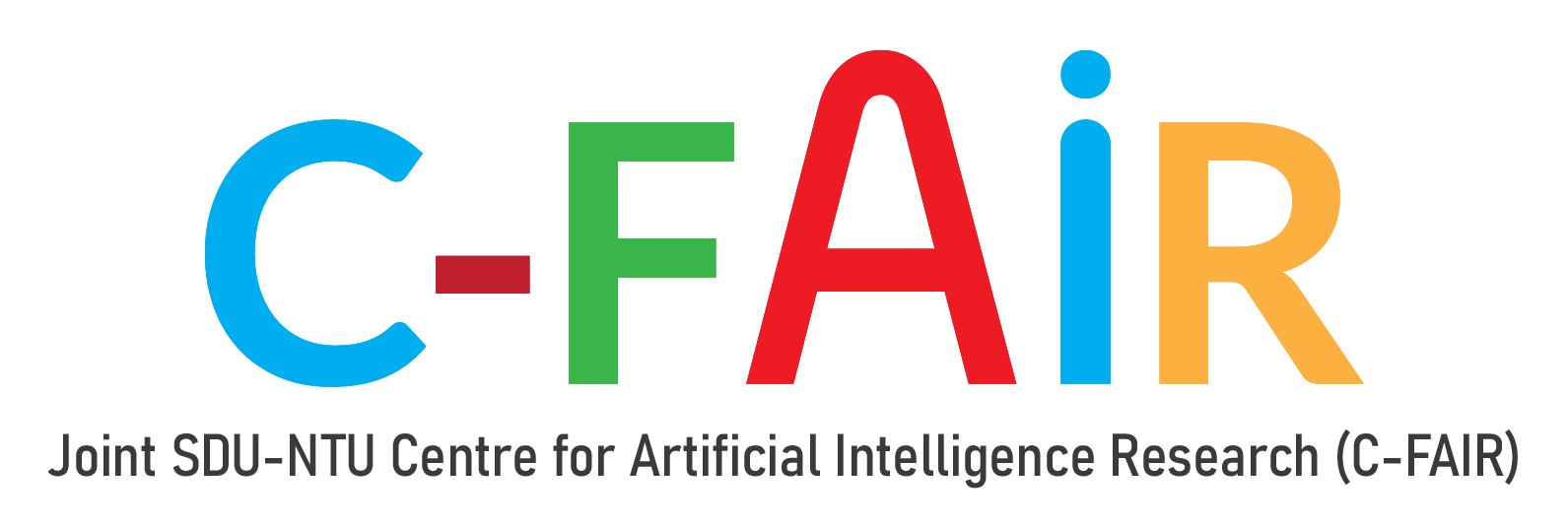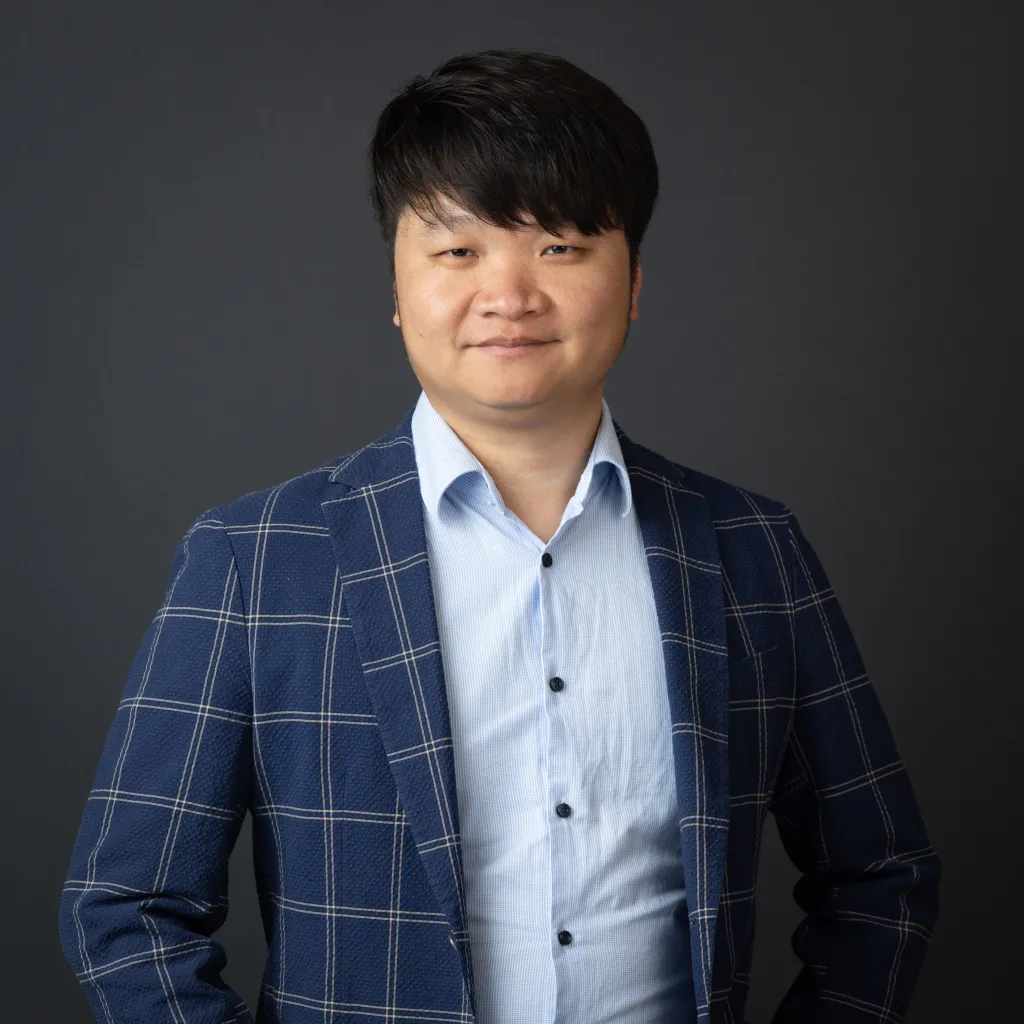 |
|
Title: Decentralized LLM Agent Cloud Platform
Speaker: Aiden Chaoyang He, Co-founder and CTO, FedML, Inc., USA
Biography
Aiden Chaoyang He is Co-founder of FedML, Inc. (raised 13M+ USD in SEED round), a Silicon Valley-based company building machine learning infrastructure to train, serve, and deploy AI models easily, economically, and securely, with holistic support of high-performance ML libraries, user-friendly AIOps, and a well-managed distributed GPU Cloud. Previously, he worked closely with researchers/engineers at Google, Facebook, and Amazon. He was an R&D Team Manager and Principal Software Engineer at Tencent (2014-2018), a Team Leader and Senior Software Engineer at Baidu (2012-2014), and a Software Engineer at Huawei (2011-2012). He has received a number of awards in academia and industry, including the Amazon ML Fellowship (2021-2022), Qualcomm Innovation Fellowship (2021-2022), Tencent Outstanding Staff Award (2015-2016), WeChat Special Award for Innovation (2016), Baidu LBS Group Star Awards (2013), and Huawei Golden Network Award (2012). His research focuses on machine learning, distributed systems, blockchain, edge/cloud computing, primarily distributed/federated machine learning, and efficient distributed training of large foundation models (LLM, Vision Transformer). For these topics, he has published papers at ICML, NeurIPS, CVPR, ICLR, AAAI, MLSys, and VLDB, among others. Besides pure research, he has experience in Internet-scale products and businesses such as Tencent Cloud, Tencent WeChat Automotive / AI in Car, Tencent Games, Tencent Maps, Baidu Maps, and Huawei Smartphone. He received his Ph.D. in Computer Science from the University of Southern California, Los Angeles, USA, advised by Salman Avestimehr (USC), Professor Mahdi Soltanolkotabi (USC), Professor Murali Annavaram (USC), and Professor Tong Zhang (HKUST).
|
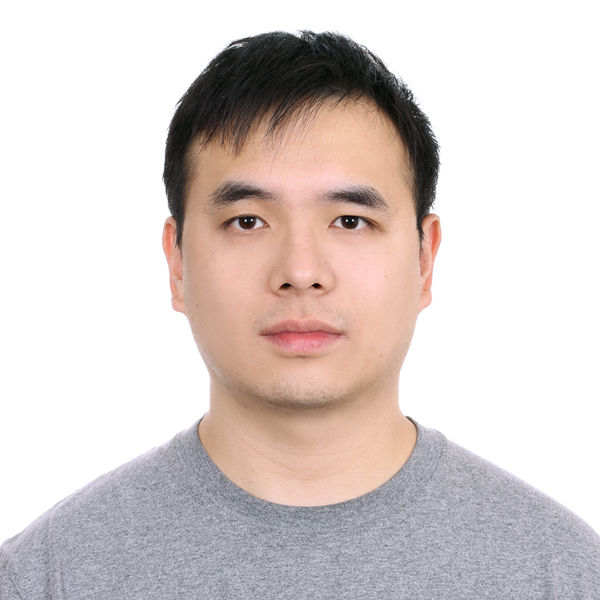 |
|
Title: Federated Learning by Dataset Distillation
Speaker: Cho-Jui Hsieh, Associate Professor, University of California, Los Angeles, USA
Biography
Cho-Jui Hsieh is an associate professor of Computer Science at UCLA. He was a Ph.D. student at UT Austin working with Prof. Inderjit Dhillon. He received his master degree from National Taiwan University under supervision of Prof. Chih-Jen Lin. Before joining UCLA, he has worked as an Assistant Professor at UC Davis Computer Science and Statistics for three years, and was a visiting scholar in Google since summer 2018. He is interested in developing new algorithms and optimization techniques for large-scale machine learning problems. Currently, he is working on developing new machine learning models as well as improving the model size, training speed, prediction speed, and robustness of popular (deep learning) models.
|
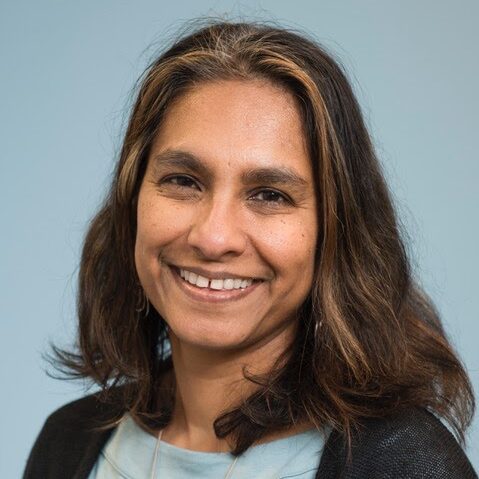 |
|
Title: Federated Learning in Medical Imaging
Speaker: Jayashree Kalpathy-Cramer, Professor, University of Colorado, Anschutz, USA
Biography
Jayashree Kalpathy-Cramer, PhD, has been named chief of the new Division of Artificial Medical Intelligence in Ophthalmology at the University of Colorado (CU) School of Medicine. In her new role, Kalpathy-Cramer will translate novel artificial intelligence (AI) methods into effective patient care practices at the Sue Anschutz-Rodgers Eye Center. Kalpathy-Cramer is currently director of the QTIM lab and the Center for Machine Learning at the Athinoula A. Martinos Center for Biomedical Imaging and an associate professor of radiology at Harvard Medical School. Her reasearch lies at the intersection of machine learning, statistics, informatics, image acquisition and analysis with a goal towards clinical translation. She is an electrical engineer by training, having receied a B.Tech in EE from IIT Bombay and a PhD in EE from Rensselaer Polytechnic Institute. Her current projects include quantitative imaging in cancer, image analysis and decision support for retinal imaging, cloud computing, mathematical modeling of drug delivery in cancer, crowd sourcing and challenges, algorithm development and deep learning.
|
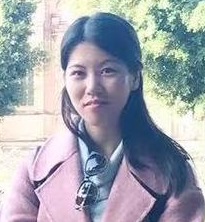 |
|
Title: When Foundation Model Meets Federated Learning: Motivations, Challenges, and Future Directions
Speaker: Lingjuan Lyu, Head of Privacy and Security, Sony AI, Japan
Biography
Lingjuan Lyu is the Head of Privacy and Security team in Sony AI. Her current research interest is trustworthy AI. She had published over 100 papers in top conferences and journals, including NeurIPS, ICML, ICLR, Nature, etc. Her papers had won a long list of best or outstanding paper awards from top main venues, including ICML, ACL, CIKM, IEEE, etc. She was also a winner of the IBM Ph.D. Fellowship Worldwide.
|
 |
|
Title: On the 5th Generation of Local Training Methods in Federated Learning
Speaker: Peter Richtárik, Professor, King Abdullah University of Science and
Technology, Saudi Arabia
Biography
Peter Richtarik is a professor of Computer Science at the King Abdullah University of Science and Technology (KAUST), Thuwal, Saudi Arabia, where he leads the Optimization and Machine Learning Lab. At KAUST, he has a courtesy affiliation with the Applied Mathematics and Computational Sciences program and the Statistics program, and is a member of the Visual Computing Center, and the Extreme Computing Research Center. Prof Richtarik is a founding member and a Fellow of the Alan Turing Institute (UK National Institute for Data Science and Artificial Intelligence), and an EPSRC Fellow in Mathematical Sciences. During 2017-2019, he was a Visiting Professor at the Moscow Institute of Physics and Technology. Prior to joining KAUST, he was an Associate Professor of Mathematics at the University of Edinburgh, and held postdoctoral and visiting positions at Université Catholique de Louvain, Belgium, and University of California, Berkeley, USA, respectively. He received his PhD in 2007 from Cornell University, USA.
|






